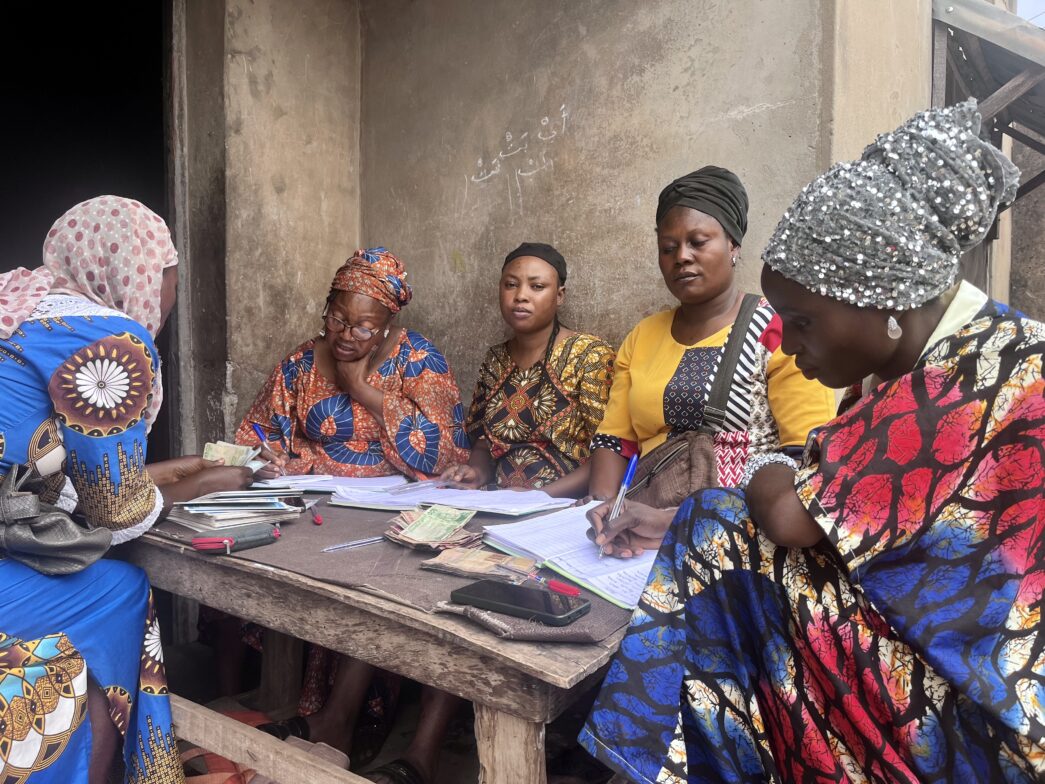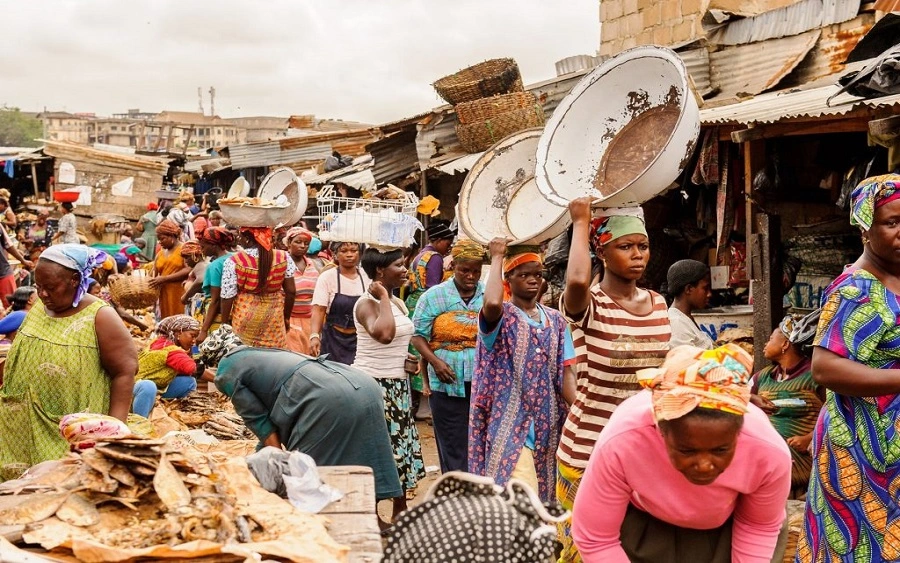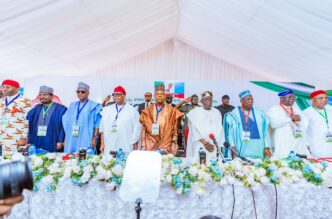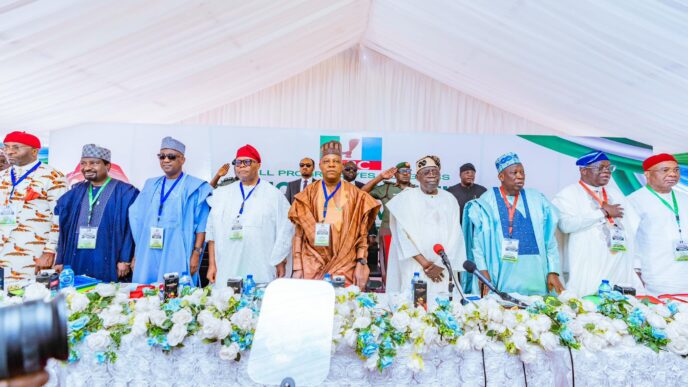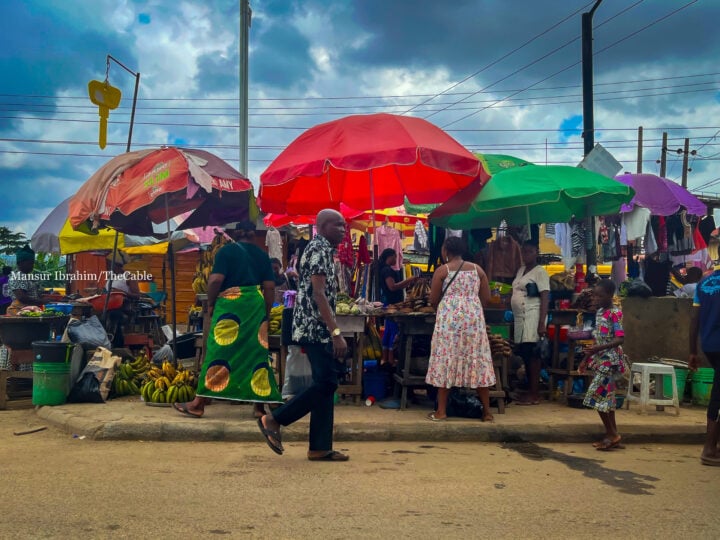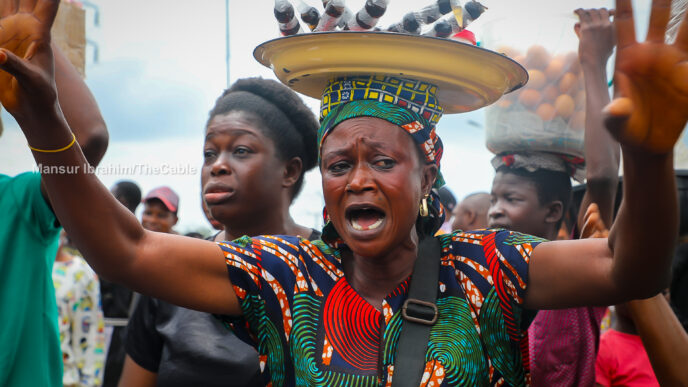BY FOYINSOLA AKINJAYEJU
Every day, millions of Nigerian women entrepreneurs rise with determination to build businesses. They are the shop owners, fashion designers, agro-processors, tech innovators, and manufacturers driving our economy forward. Yet, despite their unwavering commitment, they confront a formidable barrier: a staggering $42 billion gender credit gap that plagues Africa, as indicated by the African Development Bank. As Africa’s largest economy, Nigeria can either perpetuate this inequity or lead the continent in dismantling it.
The ambition of Nigerian women is undeniable. According to the Gates Foundation, a significant number of women in Nigeria aspire to own or expand a business. Yet 62% of them identify a lack of start-up capital or equipment as their primary obstacle. This financial exclusion persists despite compelling evidence of women’s creditworthiness.
Studies indicate that women-led businesses in Nigeria have a 95% loan repayment rate, yet they receive less than 10% of SME loans. That means for every 10 loans disbursed, nine are granted to men. This stark imbalance not only stifles individual potential but also hinders national economic growth. The challenge of accessing finance is especially pronounced in industries where women dominate, like beauty and personal care.
Advertisement
A credit data study by Moniepoint, a leading Nigerian microfinance institution, shows that most women entrepreneurs in these sectors struggle to secure external funding, relying almost entirely on personal savings to kickstart their businesses. This trend echoes the Gates Foundation survey insights, reinforcing the fact that lack of formal financial support is not just a barrier but a persistent reality.
Moniepoint found that more than half of the women-led businesses surveyed found that raising money was difficult, yet the loan default rate for women-owned businesses was 2.5 times lower than that of their male counterparts. This underscores the untapped potential within women-led enterprises and challenges the biases that have historically marginalised them in financial lending.
In the face of limited access to formal financial institutions, many Nigerian women turn to informal financial markets. According to Enhancing Financial Inclusion & Advancement (EFInA) data, approximately 3.6 million Nigerian women borrow from family and friends to finance their businesses. While these informal channels provide immediate relief, they often come with exorbitant interest rates and lack the regulatory protections of formal financial systems.
Advertisement
Despite these challenges, women demonstrate remarkable financial discipline, consistently repaying their debts and showcasing their reliability as borrowers. Even in the formal sector, women’s financial track records remain strong.
There is no shortage of promising models already in place. The Dangote-Bank of Industry (BOI) MSME Fund, for example, has allocated ₦1 billion to a women-focused fashion fund, demonstrating the impact of targeted financial support. Access Bank’s W-Power Loans, FCMB-BOI Gender Loans, and Sterling Bank’s Women in Agribusiness Fund are commendable initiatives aimed at empowering women entrepreneurs.
BOI through its GLOW initiative recently launched a ₦10 billion dedicated fund for female entrepreneurs, complementing other initiatives like the $2 million investment in Aruwa Capital, a female-focused venture fund and a $50 million guarantee agreement with the African Guarantee Fund, backed by the African Development Bank’s Affirmative Finance Action for Women in Africa (AFAWA) initiative. These are critical steps forward, but they are only a fraction of what is needed to bridge the vast gender credit gap.
Banking executives and policymakers must stop treating these efforts as mere token gestures. Instead, they must embrace a paradigm shift that prioritises women’s economic inclusion at the highest levels. It is not enough for banks and financial institutions to pay lip service to women-led businesses. They must commit to ambitious, gender-inclusive financing targets: at least 30% of MSME loan portfolios should go to women-led businesses.
Advertisement
This target should not be aspirational. It must be a mandate, enshrined in policy, and backed by enforcement mechanisms. It is also critical for banks to ensure that their credit products, solutions and processes are gender-intentional, built around the needs and contexts of women MSMEs.
Concurrently, adequate awareness, capacity building and consumer protection mechanisms must be fostered on both the supply-side and demand-side to sustain women MSMEs’ progressive access to protective credit and business growth. Banks that demonstrate success should be publicly recognised and incentivised, and the Central Bank of Nigeria must step up as a leader in this push, setting expectations for financial institutions to deliver on their obligations.
The time for incremental change has passed. Policymakers must take bold, decisive action to close the gender credit gap and empower Nigeria’s women entrepreneurs. Nigeria can lead by example and ignite a movement that transforms the financial landscape for women across Africa.
Foyinsola Akinjayeju is the CEO of EFInA, a financial sector development organisation working to deepen financial inclusion in Nigeria. She has over 20 years’ experience leading strategy, growth, and impact-driven initiatives across Africa and Asia.
Advertisement
Views expressed by contributors are strictly personal and not of TheCable.

